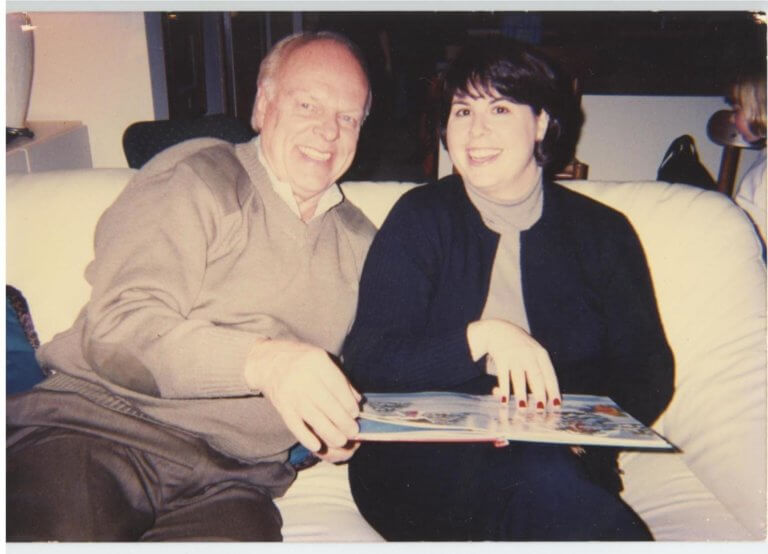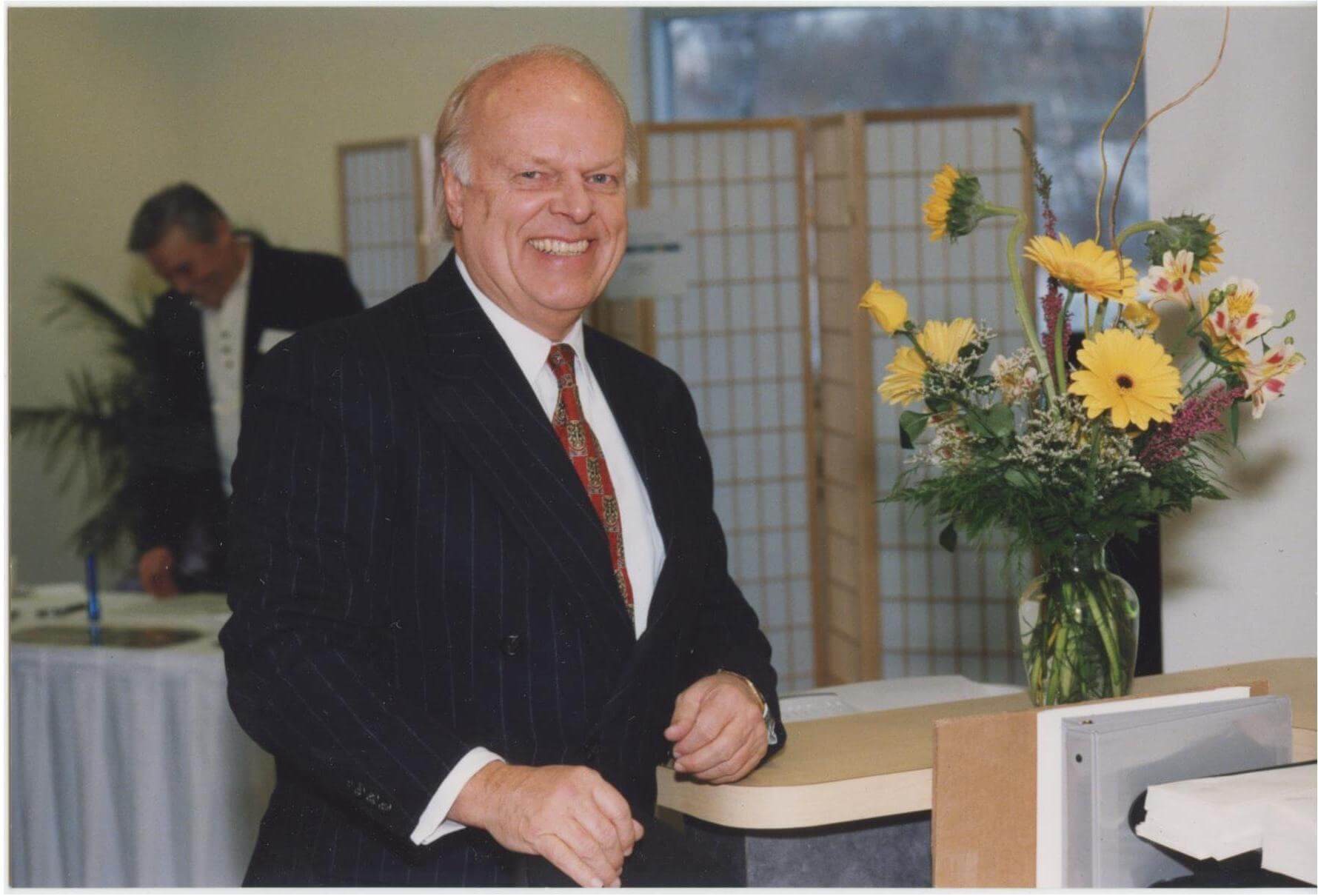Obituaries Create Meaning in the Pandemic
How can obituaries bring meaning to loss? The ongoing pandemic has robbed too many of us of life’s bittersweet moments – including the ability to get together for everything from birthday parties to weddings to funerals.
But it hasn’t stopped anyone from commemorating loved ones in a final tribute rendered by their obituary – a way to honor and remember someone and the gifts they brought to this world.
“An obituary can share in anecdotal form the highlights of that person’s life – even against the backdrop of a pandemic that has otherwise created roadblocks,” says Ashley Huisman, bereavement coordinator at Emmanuel Hospice. “Even if we can’t always gather in typical fashion for a final service, the obituary endures as a timeless way of encapsulating the life of someone and who and what they stood for.”
Huisman points to the unusual “nobituary” penned by Emmanuel Hospice patient Bob Eleveld as an example of how significant an obituary can be. Eleveld wrote his own death notice in March 2017, well before the pandemic surfaced.
Most obituaries follow a pattern, says Huisman, beginning with a name, date of death, the cause perhaps, and then followed by a recitation of names, places and events.


A Eulogy for Friends
What Eleveld’s “nobituary” did was thank the living for being his friend, and then invite those who knew him to a party at which he’d intended to be present. Though too weak to attend, Eleveld stayed home while scores showed up and toasted his life and times at a Grand Rapids golf club. Eleveld died the next day, but not before writing in a public way his desire to “share a moment with all of the people who have touched my life in so many ways and to let you know how much you have meant to me.”
Eleveld’s surviving partner of 24 years, Michele McIsaac, still gets chills to recall how her Bob insisted on turning the tables: “I want a party, and I don’t want you to cry,” she says he told her. “I know you will, but I really want this to be a celebration.”
Looking back, McIsaac observes that “it was actually very little about him and his accomplishments as a lawyer and such, and more about him honoring those he’d known and loved.”
Huisman says even if you or your loved one don’t aspire to write a nobituary like Eleveld did, there’s nothing wrong with going off-formula and creating something unique that helps tell the story. Share, for instance, how the person loved dogs, or baked a mean cherry pie or lived for Christmas because it was a way to share her knitting.
“At Emmanuel, we want to celebrate how you live and lived,” Huisman says. “Creating a lasting memory in an obituary is a beautiful way to extend that value. And like everything else at Emmanuel, we’re certainly willing to help people through the process.”
